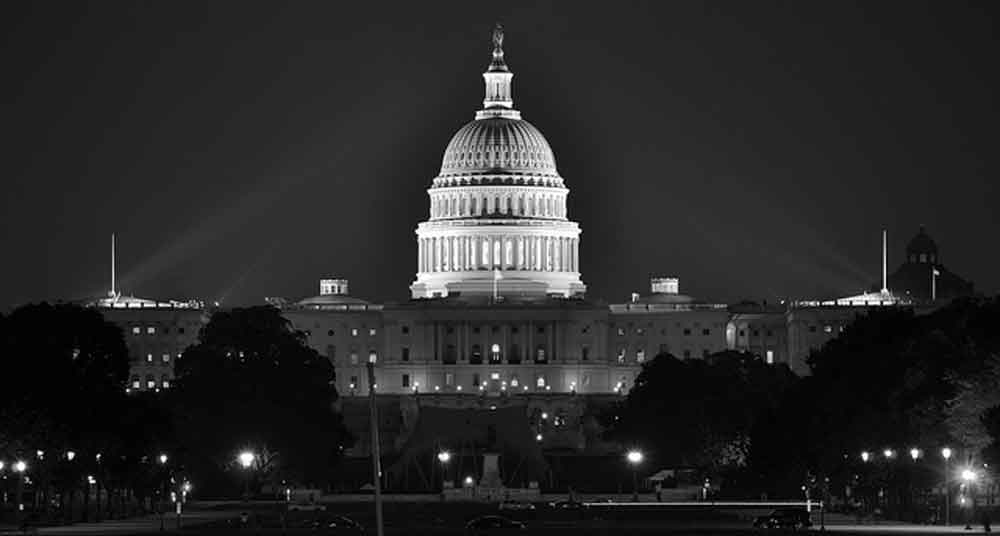Starting in 1965, Martin Luther King, Jr., began speaking out against U.S. involvement in Vietnam. His stand cost him support among union leaders, the press and even President Lyndon Johnson. Over time, in his speeches, King moved from expressions of doubt to outright opposition to the war. Now viewed as evidence of the courage of his convictions, King took a stand that defied political wisdom. Compare that to President Obama’s complete lack of leadership on the issue of D.C. statehood. It reached a new low at last week’s Democratic Convention in Charlotte.
During his nomination acceptance speech on Sept. 6, President Obama made not a single mention of the issue of statehood or even equal representation for District residents. Worse, Democratic National Committee (DNC) and Obama’s campaign leadership refused to let D.C.’s non-voting representative to Congress, Eleanor Holmes Norton, come anywhere near the podium at the convention.
Until this one, Representative Norton had addressed every Democratic Convention since being first elected in 1991. This year, along with D.C. Mayor Vincent Gray, Representative Norton was told she could address her concerns from the designated “free speech zone” set aside for protesters outside the convention hall. Ironically, security around the “free speech zone” was so tight, that Mayor Gray and Representative Norton were unable to reach the area.
Perhaps it is this type of politics as usual that has deflated so much of the hope that fueled voter enthusiasm for then-Senator Obama in 2008. Undoubtedly it can be argued that it would be politically unwise for the President to stand firmly and vocally in favor of the rights of DC residents. In a Sept. 5 column in The Washington Post, Robert McCartney cited senior Democrats from the District who pointed to “political calculations about race” as being at the root of DNC and Obama campaign leadership’s motivation to “squash advocacy of D.C. statehood or voting rights at the convention.”
“The Chicago folks wanted to avoid publicizing African American leaders or causes that might perturb some white voters or hand Republicans an issue to exploit,” McCartney wrote.
That’s the sticky thing about leadership. Taking a stand, especially one as far-fetched and controversial as equal representation in a democracy, alienates some voters.




